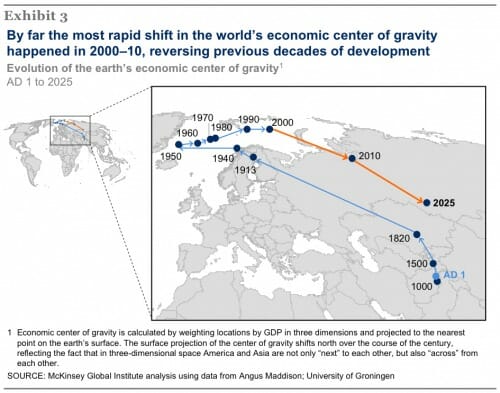Michael O'Hare and Matt Yglesias (via Megan McArdle subbing at Instapundit) makes this very good point about carbon taxes:
Tragically, if you tell people you're going to tax their ft ossile
fuels, they freak out and your political career dies a swift and
merciless death. But if you tell people you're going to subsidize alternative energy sources
the people will like that. Functionally, however, these are basically
the same thing, except for the fact that the tax method works much,
much better.
This is unfortunately true. As I have posted a number of times, I am skeptical that man-made global warming and the net of the problems (and opportunities) it brings will be bad enough to justify the economic cost of slowing or reversing CO2 emissions. However, I can imagine being convinced that efforts to limit CO2 emissions are necessary.
Regulations on emissions, whether to the air or into shared waterways, is one of the few areas of government action that actually facilitate the smooth operation of strong property rights. As I explained before, one could easily imagine a world of strong property rights bogged down in constant suits and counter-suits, as any property owner could rightfully sue over molecules of emissions that crossed their property line from another. Certainly I can imagine private solutions and agreements that could have developed in the absence of government to sort this out, but government emissions restrictions, when done well, are not an unreasonable approach.
Of course, there are a lot of bad ways to manage emissions, and the government has tried about all of them. New source controls, which are still debated and, incredibly, supported, represent all the worst of government hubris in trying to micro-manage solutions and technologies rather than just defining the desired outcome. If anything, new technology subsidies (think ethanol) have been even worse, acting more like political pork and rent-seeking than intelligent pollution policy.
However, the government, especially the environmental lobby which tends to be full of technocrats and statists, greatly prefer the government micromanagement approach. The impossibility of the task should be clear. Take CO2 reduction -- to micromanage the reduction, the government would have to sort through every source of CO2, every available technology, and come up with a prioritized plan for investment to get the most reduction for the least $. And even if the tried, they would be wrong, because this is a problem with a billion variables. And even if they happen to get it right, they would not implement it, changing their plans the minute the Archer Daniels Midland lobbyist walked in the door.
To understand the complexity, take one example: electric cars. Hey, everyone loves the idea of electric cars -- they are zero emissions, right? Well, sort of. Actually they are emissions outsourcing devices, shifting emissions from the individual car's tailpipe to the power plant where the electrical charge is coming from. Now, that power plant is a lot more efficient at burning fossil fuels, so often the net is better, but what if the marginal electricity production is coming from coal? Does that net reduce CO2? And, if electric cars reduce carbon emissions, does $10,000 investing in electric cars reduce more or less carbon emissions than $10,000 in solar?
These decisions are impossible to make, but we don't have to. Every day, markets and price signals help individuals make such tradeoffs rationally. That's why a carbon tax, that raises the price of CO2 emissions fairly directly, would be a much more efficient approach to managing emissions.
Update: People have asked about emissions trading. Emissions trading schemes are OK, in that they help push emissions reductions towards the people who can do it most efficiently. What I don't like about them is they are a government form of incumbent subsidy - basically industry incumbents get a tradeable asset of value, while new and future entrants do not.
